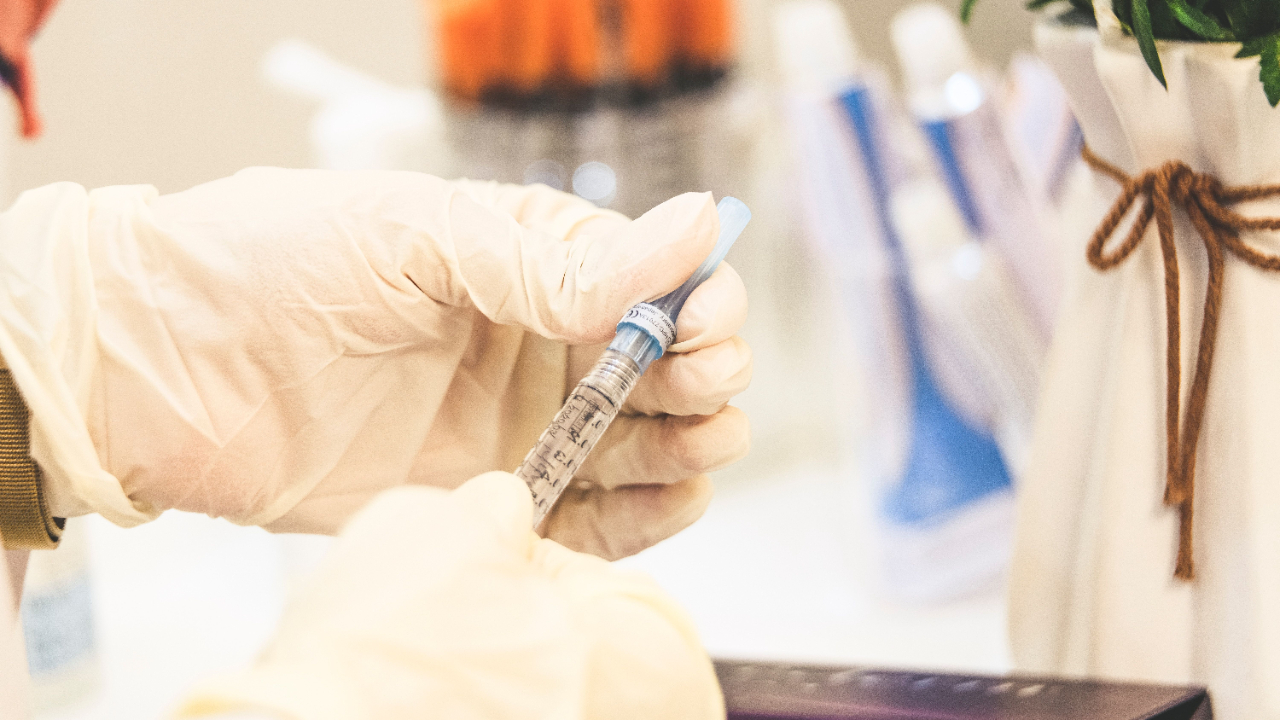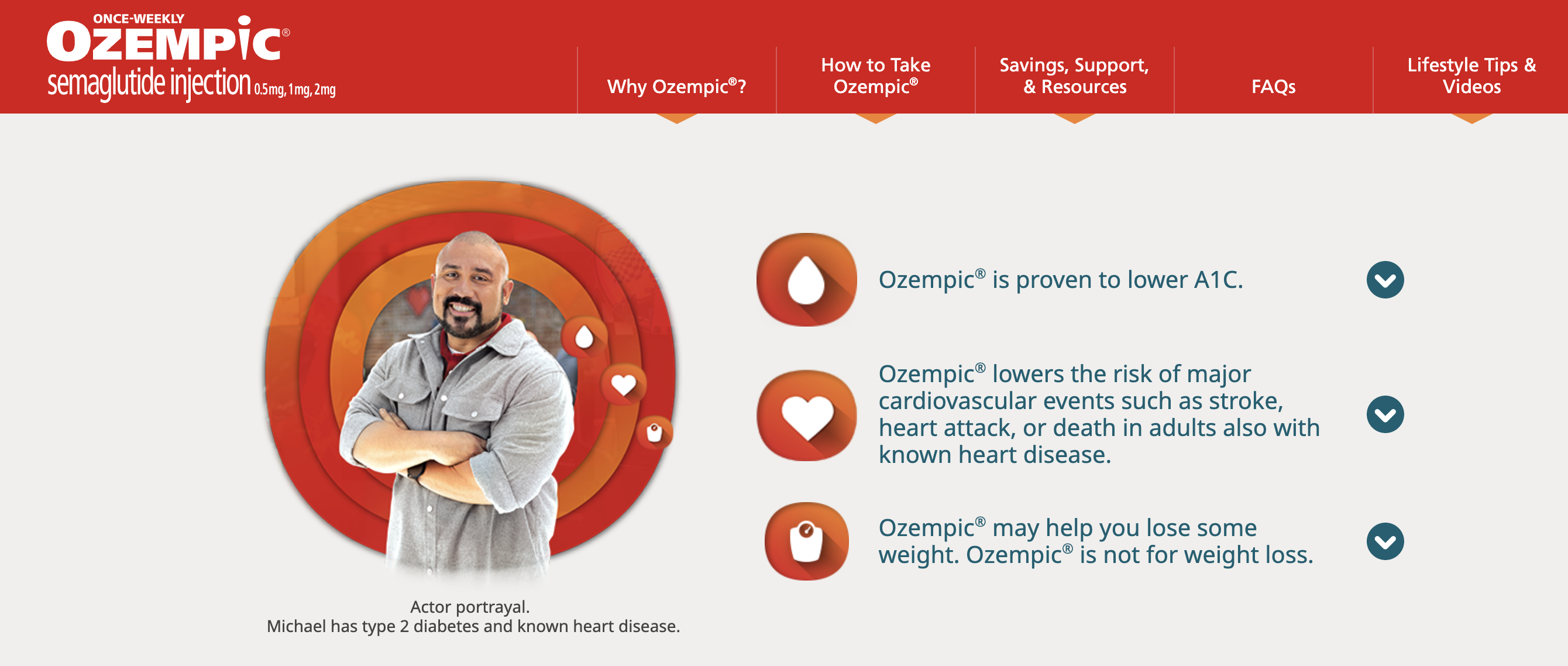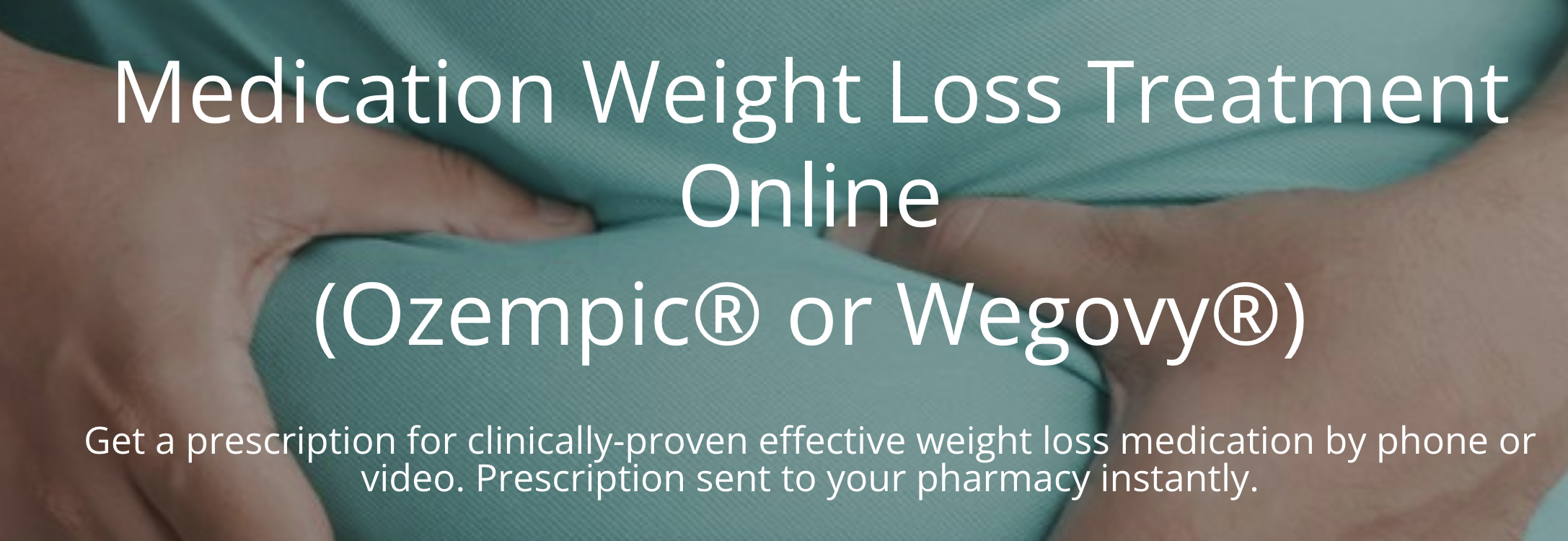#013: Ozempic, it's everywhere. Let's talk about it.
Mar 26, 2023
Photo by Sam Moghadam Khamseh
It seems you can't get a facial these days without being offered Ozempic. It's literally everywhere. Everywhere. As in you can buy it on Amazon. Let's take a closer look.
Without question there are upsides to Ozempic and other GLP-1 agonist but there are also so important precautions. Today I'm going to focus on its off-label use for weight loss in non-obese patients (ie those that want to lose 10-20 lbs but are not clinically obese), what that means, what are the concerns and how to protect yourself. Understanding the full picture will help you make the best decision for your health and will put in in a better position to protect yourself if you do use it.
I'm putting back on my Biotech Pharma hat to give you a peak behind the curtain and sharing what your Dr likely isn't telling you.
Now, let's dive in.
What is Ozempic:
Ozempic is a class of drugs known as GLP-1 agonist. The drug was approved as a treatment for Type 2 diabetes. GLP-1 stands for glucagon-like peptide 1 and this is a naturally occurring hormone in your body. The hormone is released when our blood sugar starts to rise after eating and stimulates the body to produce more insulin. The extra insulin helps lower blood sugar levels.
Lowering blood sugar levels is critical in Type 2 diabetes because the body is no longer regulating sugar levels efficiently which can lead to a myriad of long term health problems.
An agonist acts to mimic the action of naturally occurring GLP-1 stimulating the body to increase insulin.
In running the clinical trials for Type 2 Diabetes, the 'adverse or unexpected' event observed was that the subjects lost weight. As you can imagine, news spread and well, here we are.
The tidal wave of off-label Ozempic use quickly followed.
What does off-label really mean?:
Off-label drugs are prescribed by a Dr for an unapproved indication, dose or age-group. Biotech and Pharmaceutical companies are not allowed to market a drug for an indication that has not been through rigorous Randomized Controlled Trials but they can still sell the hell out of it. :)
Off-label drugs are incredibly common and let me be clear, off-label doesn't mean unsafe. Up to 20% of all drugs in US are prescribed as off-label and that increases to over 30% in the psychiatric space.
BUT it also doesn't mean risk free either. The oxycontin epidemic is a direct result of abuse of off-label prescribing.
There is very little incentive for a drug company to run an expensive clinical trial that may prove to not be efficacious and safe for a new indication if Drs are out there prescribing it anyway. The down side is we lose a lot of safety and drug interaction data. With new drugs like Ozempic and GLP-1 agonist there is so much we don't know and it makes it really hard to get a clear signal because the data is not being collected in a meaningful way.
Also, if you have concerns about transparency and accountability of 'Big Pharma' you've basically released them of all liability when taking off-label drugs.
The Pharma Manufacturer's Ad for Ozempic (last bullet Ozempic is not for weight loss):


How does it work for weight loss?:
The short answer is we really don't know.
But it's clear by both clinical experience and the literature that it is having an effect. Something about the drug or the side effect of the drug is reducing appetite.
Is it the nausea and diarrhea or is it something else about GLP-1 agonist that's reducing appetite? I'm sure time will tell but for now we can't say with 100% certainty.
Big Flag for Women Over 40:
New data is coming in that is a big concern for women over 40.
Because the original Ozempic trial was not designed for weight loss it did not capture body composition of subjects. However, the STEP 1 trial which was an extension of Ozempic for weight loss did.
The findings of the STEP 1 found that use of these types of drugs dramatically accelerated muscle breakdown.
What does this mean? You're not just losing weight; you're losing muscle and a disproportionate amount of muscle to fat loss. So, you may be 20 lbs lighter but you now have the lean muscle mass of a 70 year old.
We've discussed before about the effect of aging and sarcopenia in women. This is kinda like throwing gas on the fire.
What happens when you stop taking the drug?
Recent study published in May gives a pretty clear indication that a rebound effect occurs and most patients can expect to regain the weight. The most common cause for discontinuing the drug was prolonged GI distress.
So, there is a potential to regain the weight and have less muscle mass making you unhealthier than when you started. That's a pretty big downside for 10-20 lbs.
How to protect yourself?:
- Get a DEXA before starting and at minimum yearly if not every 6 months to capture risk of sarcopenia/muscle loss. Dexa's are relatively cheap (<$100 and readily available). Search on DEXA near me.
- Ask your prescriber/Dr how they are tracking adverse events and sharing information. What have they seen? How will they communicate information as new data comes out? How are the monitoring new data? Hopefully, it's not just from pharma. Remember, they are not required nor incentive to do so for off-label. If your Dr can't answer this get another Dr.
- Consume enough protein. About 1 gram of protein per pound of body weight.
- Strength train 2-3x a week for 20-30 min.
- Drink enough water. Because GLP-1 suppresses appetite many patients become dehydrated. This is really important for older folks because it can lead to confusion, brain fog and falls.
Ozempic is not a bad drug but it may not be a magic shot either.
It certainly seems very promising for its intended use and may further our understanding of how hormone regulation effects weight.
My hope and goal are that this gives you more information to have conversations with your Dr so you can make the best decision for your health and longevity. And to offer some strategies to protect yourself if you decide to use it.
With love and gratitude,
Anna
SUBSCRIBE FOR WEEKLY TIPS, TOOLS & STRATEGIES
We hate SPAM. We will never sell your information, for any reason.



